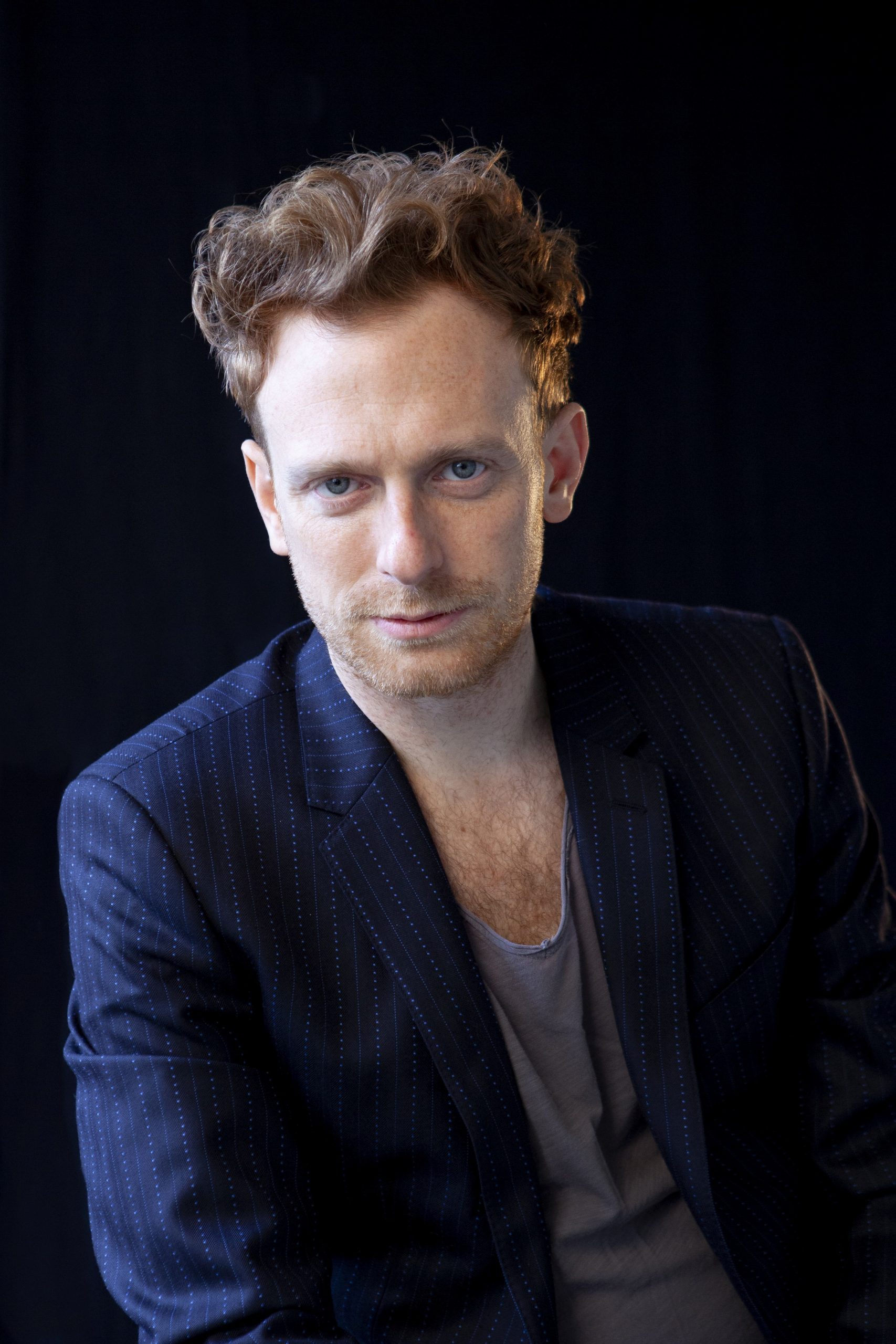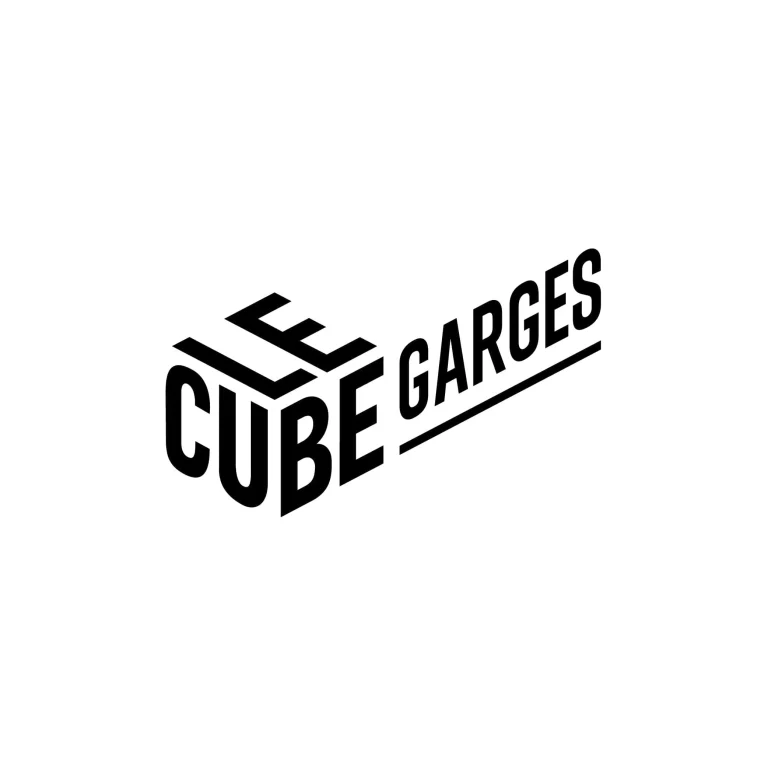Léonard Matton
Immersions Creator
January-February 2026

- Performing Arts
- Boston
“Since 2020, it is the revolution of AI that has been questioning me, along with its corollary: the issue of free will. How can we approach large language models artistically by making them “perform” alongside living actors? How can we trace the boundaries of what AI can sensibly evoke in each person attending an augmented work?”
I like to create immersive experiences that allow spectators to observe spectacular works from multiple perspectives. Everything within them is ambivalent. I was born into the studio of an artist who sculpted miniature interiors that, through their three-dimensionality, generated uncertainty and vertigo: plays of reflections, shadows, and light, two-way mirrors, and video. This fractured perception, split into multiple facets and appearances, shaped my aesthetic. Immersion is inherently polysemic: lyricism intertwines with laughter, erudition plays with the popular. It is no wonder that Shakespeare lulled me like a mother tongue.
As a child, I experienced the magic of film sets, but it was the black box of theater that drew me in: conjuring a universe from the darkness of nothingness through the great dramatic poems; chiseling living beings to render them more real than reality itself. For twenty years, I have asked performers to cross the invisible wall, to come interact with the other human beings present—the audience—in order to weave a universal thread of eternity between the past of the words and the present of the action.
At the same time, I am fascinated by the upheavals of the digital revolution: a new frontier to push back, giving rise to new narratives. In a 2019 text, HPNS, I explored freedom and piracy—ancestral myths—through the anonymity of the net and decentralized finance. Since 2020, it has been the revolution of AI that questions me, along with its corollary, the issue of free will: how can we approach large language models artistically, making them “perform” alongside living interpreters? How can we play with the boundaries of what AI can awaken, on a sensory level, in each person attending an augmented work?
A graduate of Université Paris VII, Léonard Matton trained in theater at the British and American Drama Academy in Oxford and later with Raymond Acquaviva. Passionate about renewing stage forms, in 2018 he createdLe Secret Paris, the first ephemeral venue dedicated to immersive theater. He is currently developing an immersive adaptation of The Odyssey as well as a play addressing the impacts of cyberbullying. His immersive adaptations of Shakespeare,Helsingør and Le Fléau, have been published by L’Avant-Scène Théâtre, as have HPNS: Pirate Market on the Darknet in 2022, and in 2025, a methodological work: Immersive Theater. He is an associate artist at Université Grenoble-Alpes until 2025, and will then be in residence at the Scène conventionnée of Nevers from 2026 to 2028 for an immersive stage project adapted from the novelManhattan Transfer, exploring the Industrial Revolution.
At fifteen, I discovered John Dos Passos’s Manhattan Transfer—an aesthetic shock. A fractured flow of perceptions, colors, sensations, sounds: I experienced this “stream of consciousness” style as a poem addressing me directly through the senses. The desire to adapt the novel was born. But on stage, the narrative would be too constrained. In cinema, the simultaneous points of view would be too reduced. Then in 2018, I created my first immersive performance, and in 2020 I returned to the novel: the fragmented space of immersive theater, the stochastic choices of each spectator—this was the right way to render the text “alive and active.”
Yet I was missing a concrete stylistic form to translate the novel’s technological upheaval, set at the dawn of the twentieth century, in the midst of the Industrial Revolution. And in 2022, public AI tools appeared: with their help, the world of the novel—a mechanizing world—could become a work that brings together centuries-old performing arts and contemporary technologies. The work, implicitly, would ask us: will the latter crush the former? Each spectator will make their own aesthetic and political choices, mirroring the questions raised in the novel about American governance, which portrays the social struggles of the 1900s to 1920s.
For all this, it was necessary to work on site, on the U.S. East Coast, still close to Europe: what can be created—in the style of Dos Passos—as visually modern collages, using century-old films, images, texts, and data from the American public domain? How does one perceive, from inside the country, this pursuit of the augmentation of the human being—at the risk of human diminishment? And what does a living performance add to the work of art—an aesthetic act that, I claim, no machine will ever be able to reproduce in a truly sensory way?
These are the questions I raised with theater director Jean-Luc Revol, with whom I will become associate artist in 2026. Then Le Cube Garges (a venue devoted to research on new technologies) and the Nemo Biennale at Centquatre Paris (which invites art and technology into dialogue) joined the project. In January 2025, I combined several AIs to create a digital—sonic—double of a performer, and began to augment the live immersion. The Villa Albertine project aims to carry this work further, with generative AI for images and cinematic forms.
The subject of this work takes root in Manhattan, in the emerging metropolis described by John Dos Passos. So why Boston? First, because the MIT Global Shakespeare Project has expressed interest in my work: through the English bard, the circle of my exploration of immersive theater comes full circle, and I am delighted to work within this “global” sphere. The urban planning and economic archives of New York are easily accessible from Boston. So too are silent films dating from before 1930, no longer under copyright.
I see this residency as a flourishing of live encounters, as a confrontation with those who act—in both senses of the English word: those who perform on stage and those who develop AI. Had I been given a choice, I might have hesitated between San Francisco and Boston. But since I am less drawn to the world of startups than to academic research—and because immersive theater demands that thought and action be combined—my choice turned toward Boston.
New England also bears the imprint of Europe, and in my effort to clarify what American thought contributes today to the Old Continent, it was important to set foot on a land with which I could feel connected. I am told that the English colleges of Oxford, where I began my theater studies, are not so different from the universities of Cambridge… All that remains now is to meet those who see value in incorporating AI creation into the performing arts—an art seemingly disconnected by nature. These may be figures from the world of theater, from academic research, or from cultural philanthropy.
In partnership with

Le Cube Garges



